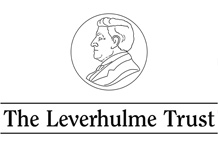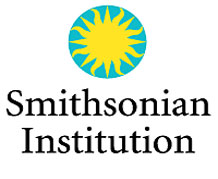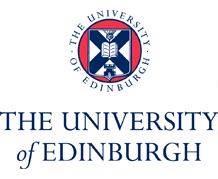Humanities: Research in History, Philosophy, Culture and Politics.
With a thriving research culture that informs courses at all levels, our humanities programme at Brighton seeks to examine the world that human beings have created for themselves.
We look rigorously into politics, philosophy, history and the cultures that people develop through their literature, religion and communication.
Small seminar groups are at the heart of our undergraduate courses, where students can join in the challenging debates which are central to a study of the problems confronting humanity today: global conflict and culture; sexuality, gender and class; racism, conflict and religion; war, ‘terror’ and fundamentalism; and the relationship between such issues and our philosophical and critical grasp of the human condition.
At postgraduate level, the Masters provision carries the theoretical and area-based work of the programme to a more advanced stage. It equips students with a more sophisticated appreciation of the limits of our understanding, and of the interdependence between theory and the acquisition of our various knowledges.
Research degrees at both MPhil and PhD level are also offered, embedded within the research clusters and centres that create an academically rewarding, encouraging and enlivening environment.








